The bonds, if all approved by voters in November, would provide $20 million for housing, $20 million for transportation, $20 million for parks and recreation and $20 million for public safety.
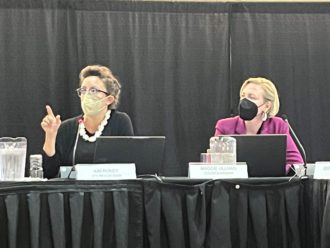

The bonds, if all approved by voters in November, would provide $20 million for housing, $20 million for transportation, $20 million for parks and recreation and $20 million for public safety.
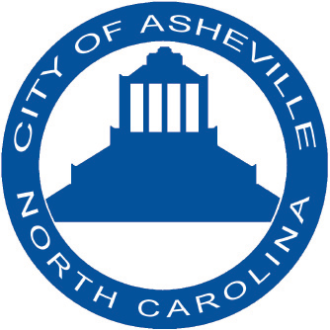
The 27-acre project at 767 New Haw Creek Road has drawn opposition from the Haw Creek community in East Asheville since it was proposed by developer L.B. Jackson and Company last year.
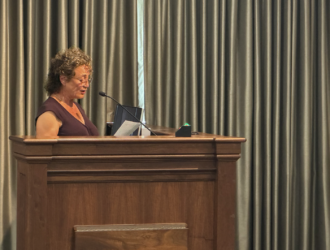
The outdoor bar and event space, which has been located at the intersection of Hominy Creek and the French Broad River in West Asheville since 2016, is located on county-owned land and is being forced to move because of a stipulation in a land conservation easement agreement between the county and RiverLink.
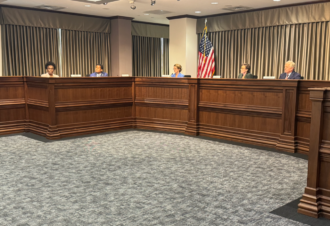
The report, authored by Kevin Keene of Keene Mass Appraisal Consulting, concluded that there was “no evidence of systemic racial or income bias,” “no evidence of overt political interference” and “no evidence of bias in the attitudes of the workforce.”
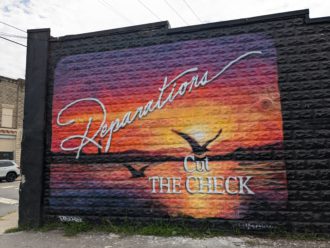
City staff, however, plans to recommend the commission get only another three months to complete its task of finalizing recommendations for how the city and county can repair harm caused by generations of systemic racism and produce a final report. The discrepancy rankled commission members.
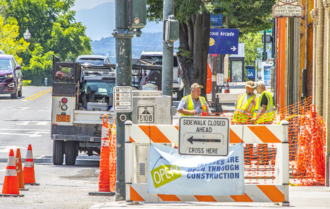
A construction project along a small stretch of Patton Avenue is part of the City of Asheville’s long-term plan to make pedestrian walkways compliant with the Americans with Disabilities Act — more than three decades after the law went into effect.
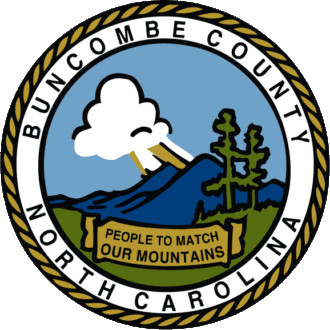
Joining the Family Justice Center in the building would be tax collections, tax assessment, election services, permits and inspections, planning, air quality and environmental health.

Asheville Police Chief Mike Lamb wants to increase the number of places designated as High Traffic Zones, areas where it is illegal under city code for a person to verbally solicit and/or panhandle. Solicitation with a sign is still permitted in these areas.
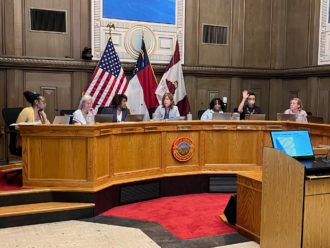
“This is a straight rezoning, not a project,” Mayor Esther Manheimer said. “A sidewalk is not a requirement we can make.”

Commission member MZ Yehudah cut right to the point at a recent meeting of the Community Reparations Commission. “Are reparations for Black Asheville legally defensible?” The answer, according to city and county attorneys, is complicated.

The Buncombe County Board of Commissioners voted 6-0 on June 18 to approve a $440 million general fund budget for fiscal year 2024-25. Chair Brownie Newman said the decision to raise taxes is not easy, and this was the toughest budget season he’s been through in his 12 years on the commission.

If passed, the new rate — 52.35 cents per $100 of value — would mean the owner of a home valued at $400,000 will pay $2,094 in taxes to the county, $102 more than last year.
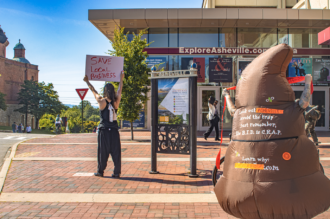
“We’re creating a budget that has recurring expenses,” Mayor Esther Manheimer said. “You’ve got to have a source of revenue that continues year after year.”

As the pandemic-era backlog of emergency vehicles continues to delay new trucks from reaching Buncombe County, paramedics are left driving aging ambulances longer than they should just as they are needed more than ever before.

According to a staff report, the new pay raise proposal includes a flat dollar increase of $4,053 for beginning on-shift firefighters, which will boost the lowest paid firefighter pay by 8.8% to $50,309 annually.
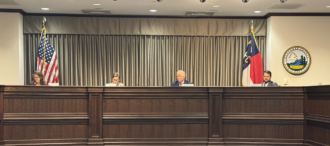
More than half of Warren Wilson College’s 1,100-acre campus is on its way to permanent preservation after the Buncombe County Board of Commissioners agreed to chip in county funds to make it happen.
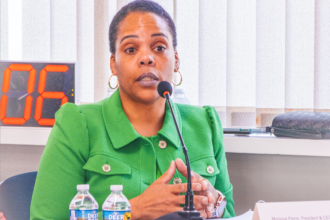
“We’ve been out of compliance for 14 years,” Housing Authority of the City of Asheville President and CEO Monique Pierre told a May 22 meeting of the HACA Board of Commissioners.

The Buncombe County Tourism Development Authority unveiled its proposed $34.3 million budget budget for fiscal year 2025 during its May 29 board meeting.
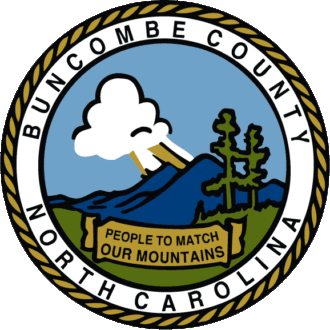
Your chance to address the Buncombe County Board of Commissioners on its proposed 2024-25 budget, including a 2.55-cent property tax hike, has arrived. Commissioners will hold its annual public hearing on the budget at its meeting Tuesday, June 4 before voting on the budget later in the month.
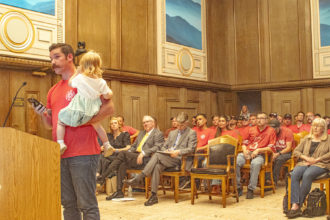
The Council chambers and overflow room were at capacity during the Tuesday night meeting where all of the speakers who commented on the proposed budget advocated for increasing pay for city employees.

The proposed budget includes a 4.11% salary increase for all permanent city employees.